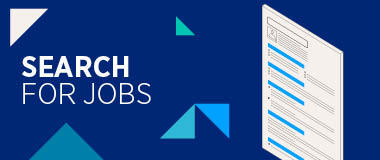Jobs & employment blog
Your career is a journey with many opportunities to explore. As a trusted partner, we guide thousands of professionals and employers through every step of their way. From industry specific insights, interview preparation, to team management and in-demand jobs – we’ve got you covered.
As the world of work evolves, we are here to support you through both the current challenges and your longer-term planning. Discover all our latest insights.
As your lifelong career partner, we are here to help you navigate an evolving world of work – and move forward in your career. Discover all our latest tips, advice and guides.

Looking for a new role? Search here for your ideal job or get in touch with one of our expert consultants.

Let's get in touch to find the right talent for your business. Request a call back now.

Hays has offices across the whole of the globe. Contact us to discuss your employment needs.


